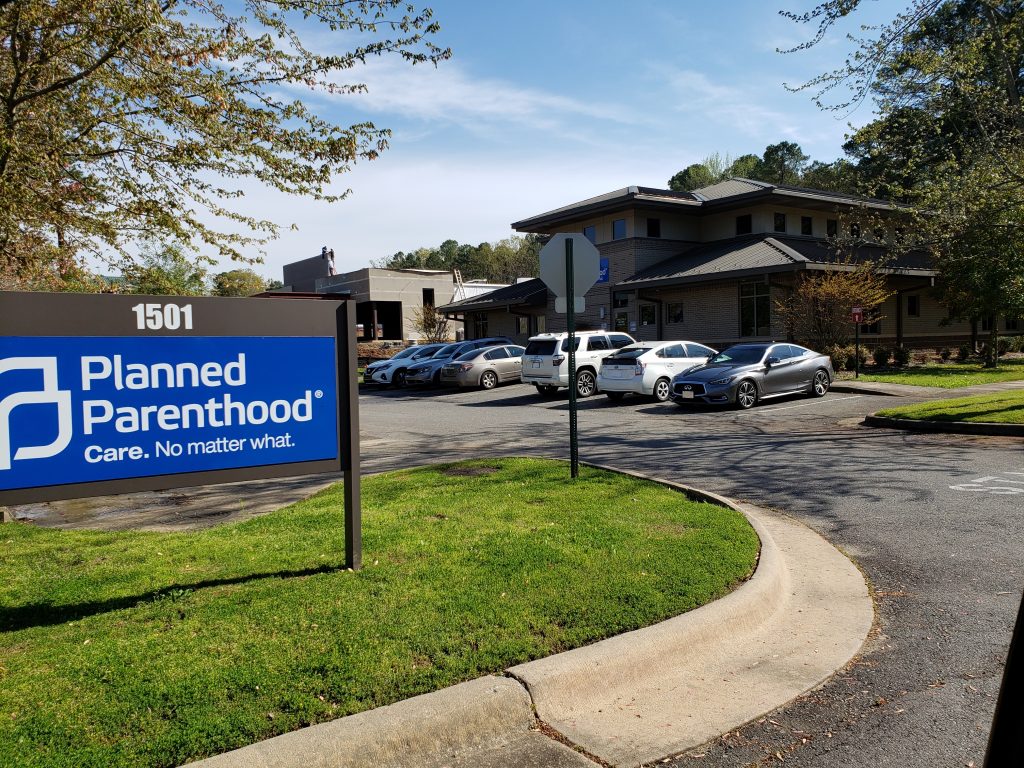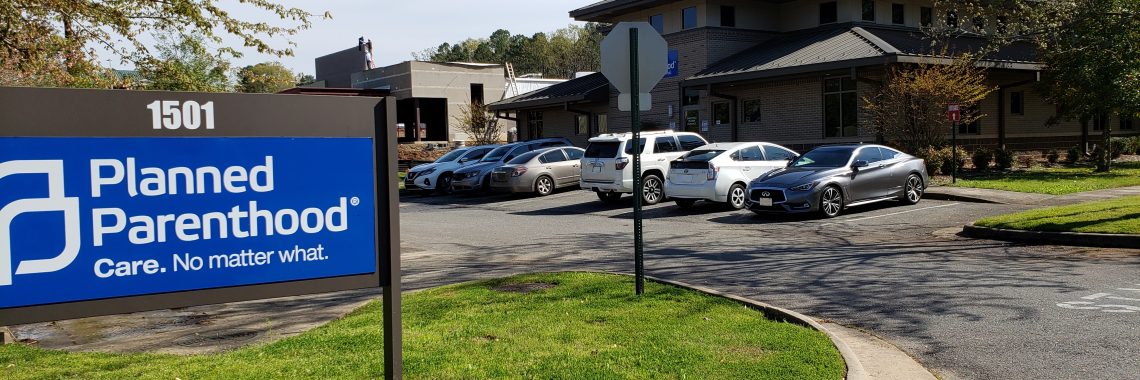Planned Parenthood Donates to Arkansas Candidates

Planned Parenthood recently donated $2,700 to candidates running for the Arkansas Legislature, according to quarterly financial reports filed with the Arkansas Secretary of State’s office last week.
The reports show Planned Parenthood Great Plains Votes Arkansas — the abortion giant’s political action committee in Arkansas — gave money to following candidates:
- $100 to Rep. Clarke Tucker (D — Senate District 32)
- $700 to Daisy Bonilla (D — House District 93)
- $100 to Rep. David Whitaker (D — House District 85)
- $100 to Rep. Denise Ennett (D — House District 36)
- $100 to Lisa Hassell (D — House District 68)
- $500 to Suzie Bell (D — House District 97)
- $100 to Rep. Tippi McCullough (D — House District 33)
- $1,000 to Ashley Hudson (D — House District 32)
The report indicates that all of the donations were made on July 21 of this year — except for the $1,000 donation to Ashley Hudson, which was made on September 22.
Planned Parenthood’s political action committee has been active in Arkansas this year.
The organization endorsed several legislative candidates as well as two congressional candidates from Arkansas last spring.
Last fall Planned Parenthood’s super PAC pledged to spend at least $45 million on the 2020 election, with four main goals:
- Defeat President Trump
- Flip the U.S. Senate from Republican to Democrat
- Maintain Democratic control over the U.S. House of Representatives
- Support liberal candidates in state races
All told, Planned Parenthood Great Plains Votes Arkansas currently has $15,190 at its disposal to give to candidates ahead of the elections on the November 3.




